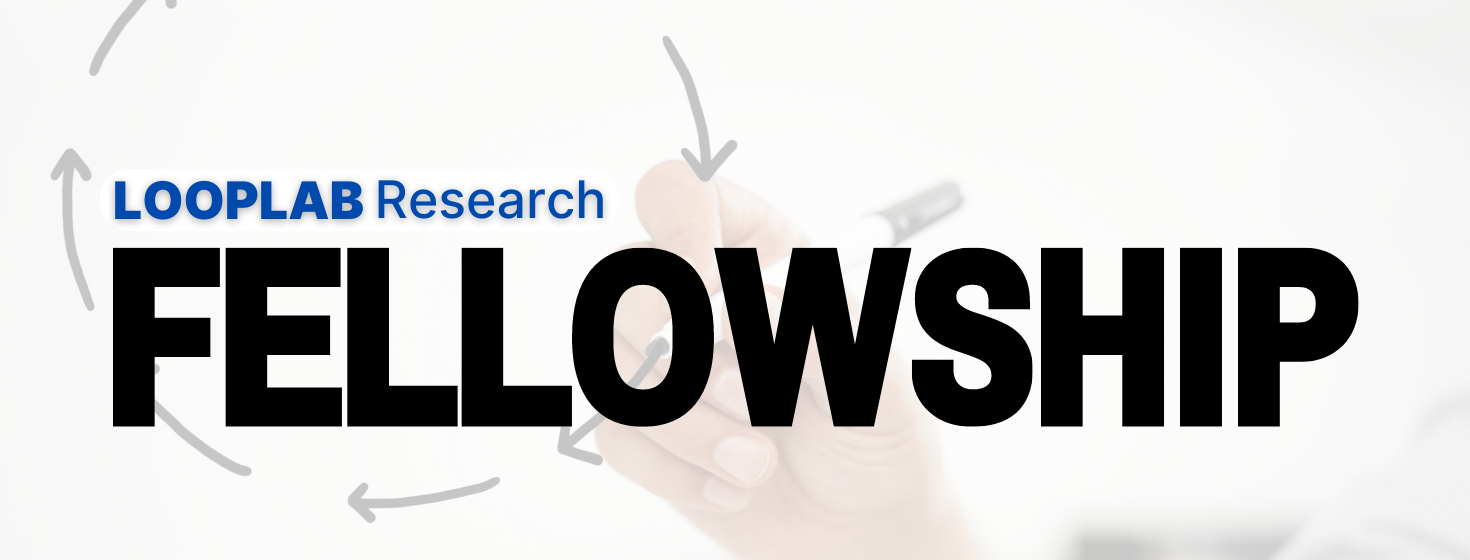
The population of Sub-Sharan Africa (SSA) is approximately 1 billion people, with an annual increase of around 2-4% per year, it has been estimated that that the population will have doubled by 2050. More than 40% of the population live in extreme poverty (poverty headcount ratio at $1.90 a day as defined by the World Bank, 2012). For the past 25 years, SSA has also experienced an increase of rural to urban migration. These rapidly changing demographics impact on many aspects of society including education, housing, land use and ownership, unemployment and in the availability and accessibility of energy.
Lagos is the most populous city in SSA with a population of over 22 million people and experiences all the critical environmental issues of a mega city in developing economies. With the continued rise in population in Lagos, some of the key challenges include energy security, waste management, land degradation, deforestation, air pollution from transportation and increased industrialization and the impact of these is particularly pertinent to Lagos’ poor generally and to certain groups within, namely women and young people. The need for a strategy and programme that promotes a circular economy has never been crucial in Lagos State therefore.
It is against this backdrop that Circular Economy Innovation Partnership in partnership with the Lagos State Government have launched the Circular Lagos Innovation Challenge to stimulate the growth of circular economy-based principles and businesses towards sustainability. It is clear that Circular Economy approaches are growing in popularity as large economies are adopting and exporting Circular Economy agendas and multinational companies are experimenting with Circular Economy strategies and business models. It therefore makes sense to align this as a platform to encourage young entrepreneurs to innovate towards providing practical solutions to societal challenges.
Africa’s rapidly increasing youth population is projected to be over 830 million by 2050 (UNDP, 2017), with an average age of youth population estimated to be 25 years of age by 2046, making up nearly half of the population of many African countries in the next three to five decades. There is booming higher education demand levels and increasing enrolment numbers expanding by more than twice the global rates in the last 40 years. The ratio of upper secondary school enrolment compared to tertiary enrolment in sub-Saharan Africa is 4.7 (more than twice the global average), and university education continues to be seen as the only basis of a guaranteed professional work life. Yet, despite this, currently more than half of 420 million young people in Africa are either unemployed or vulnerably employed (African Development Bank, 2019).
Based on this, the Circular Lagos Innovation Challenge has decided to create a non-business category which focuses on youth in higher education (Universities and Polytechnics) as a fulcrum to drive circular economy awareness, knowledge and creativity towards practical challenges. These youth would not be forming circular economy enterprises like the business category is designed to, but they would be supporting in the creation of practical solutions to real-life businesses through under-graduate or post-graduate research and development work.

We have identified three non-business challenges that the students would try to address over a 4 to 5 months period. They are:
Challenge 1- What is the most efficient mechanism that can support a stable pricing regime for plastic bottles in Lagos? How can this be implemented? This challenge is sponsored by the organisation FC4S – https://www.fc4s.org/ – under the category Financing
Challenge 2 – Develop is a tool that helps entrepreneurs to understand the differences between different organic fertilizer types, understand how they can measure and classify their own organic fertilizer and target markets for their product? This challenge is sponsored by the organisation IITA – https://www.iita.org/ under the category Creating Markets
Challenge 3 – In what ways can digital infrastructure be joined up or improved to enhance the efficiency of plastics collection? This challenge is sponsored by the organisation CEIP – https://ceipafrica.org/ under the category Digital Infrastructure


